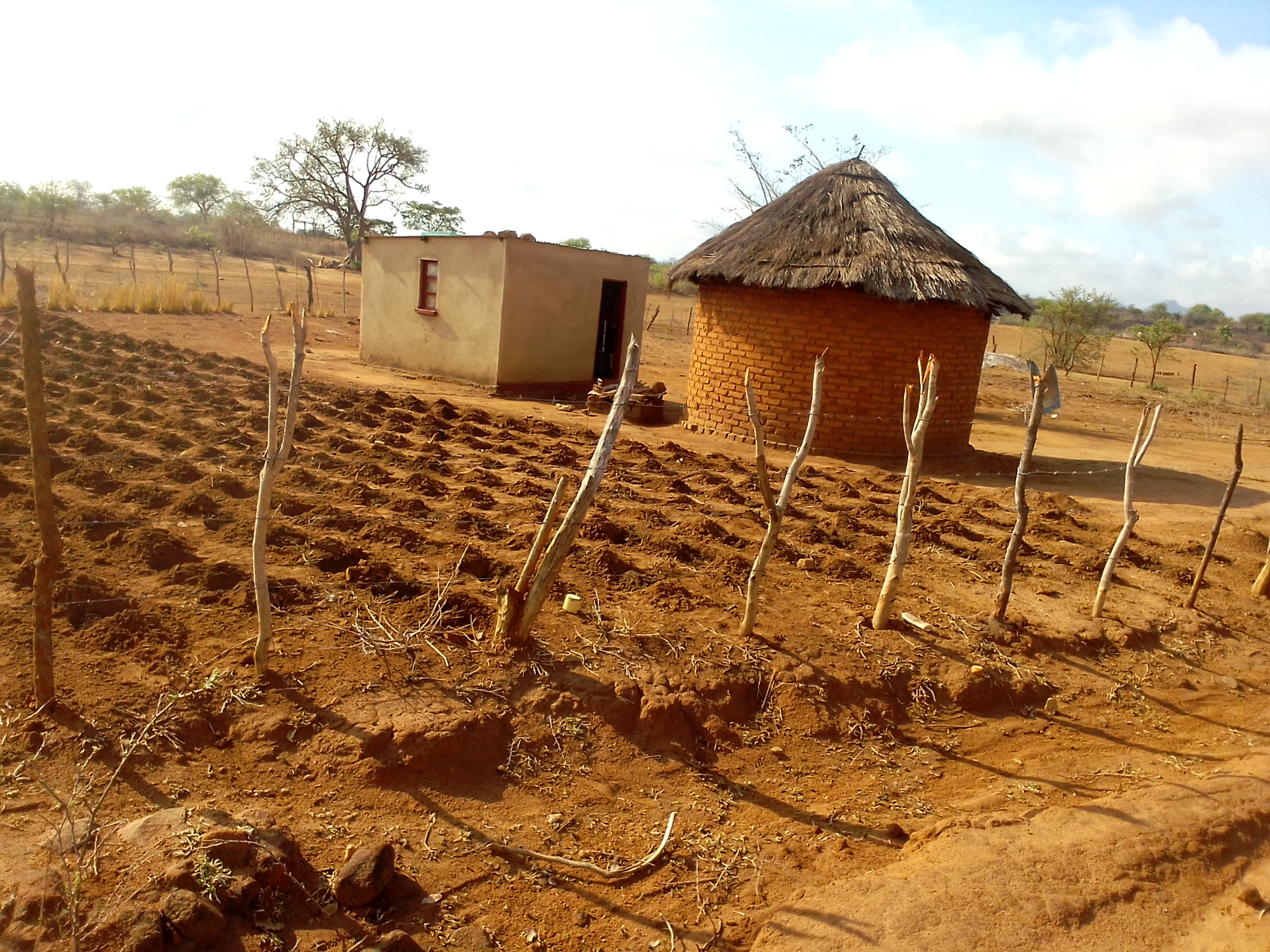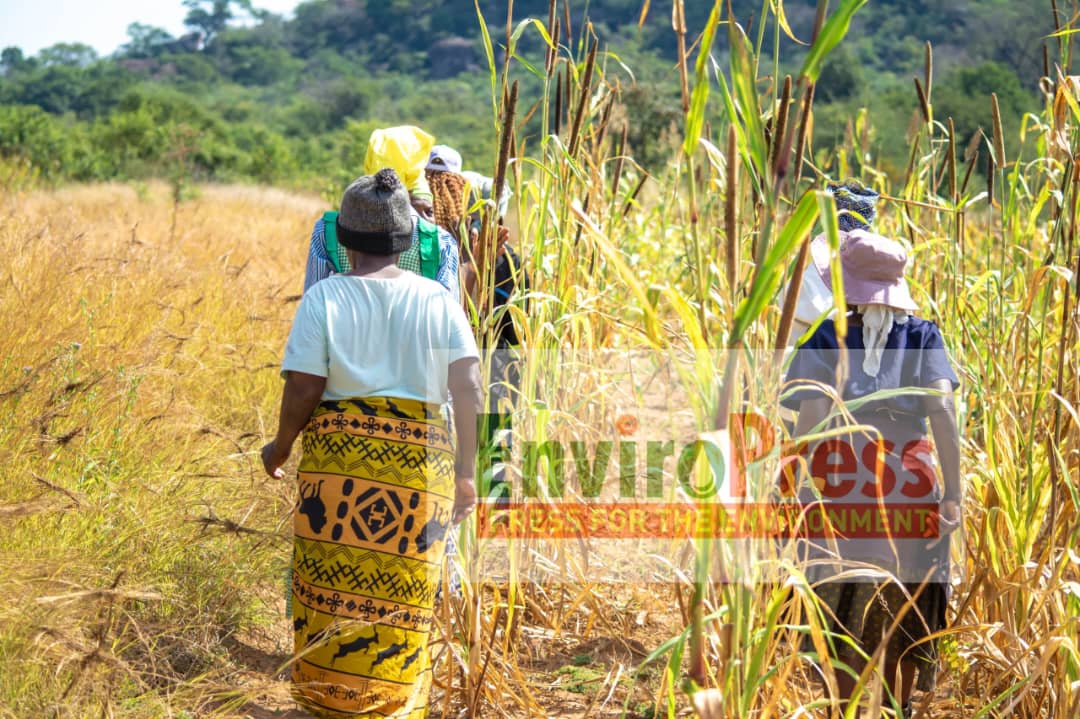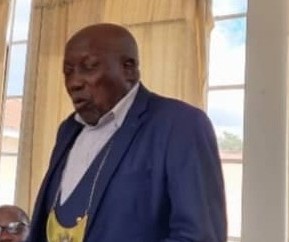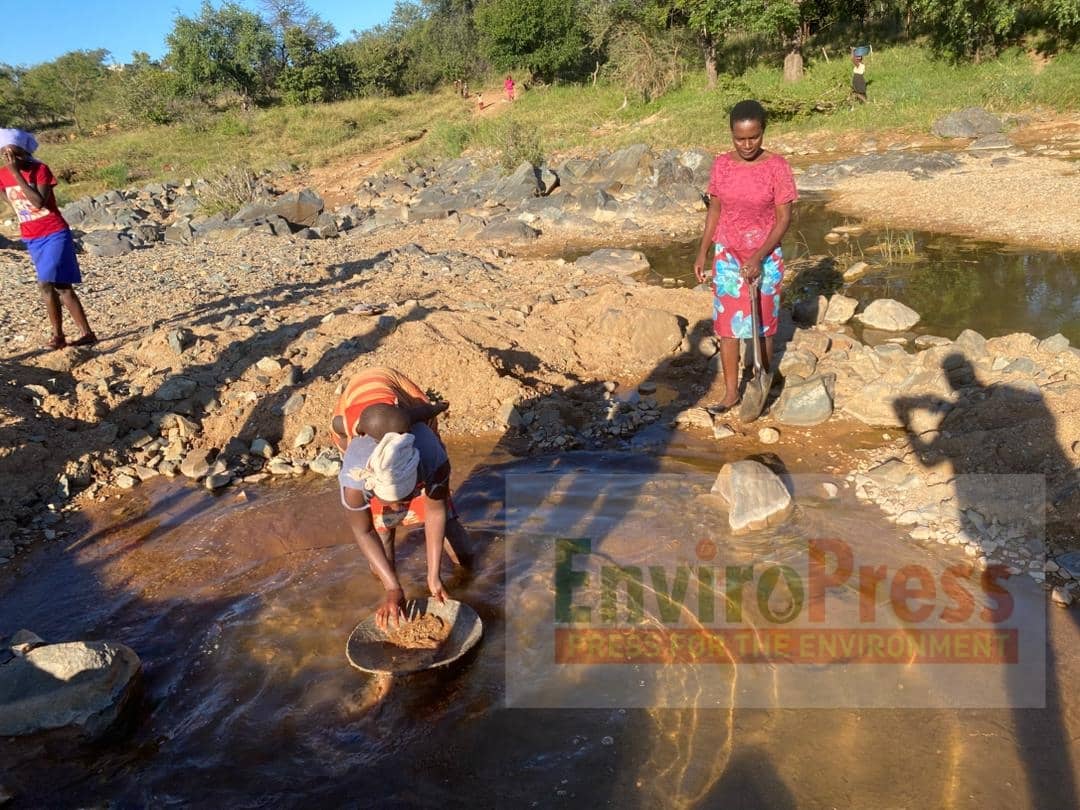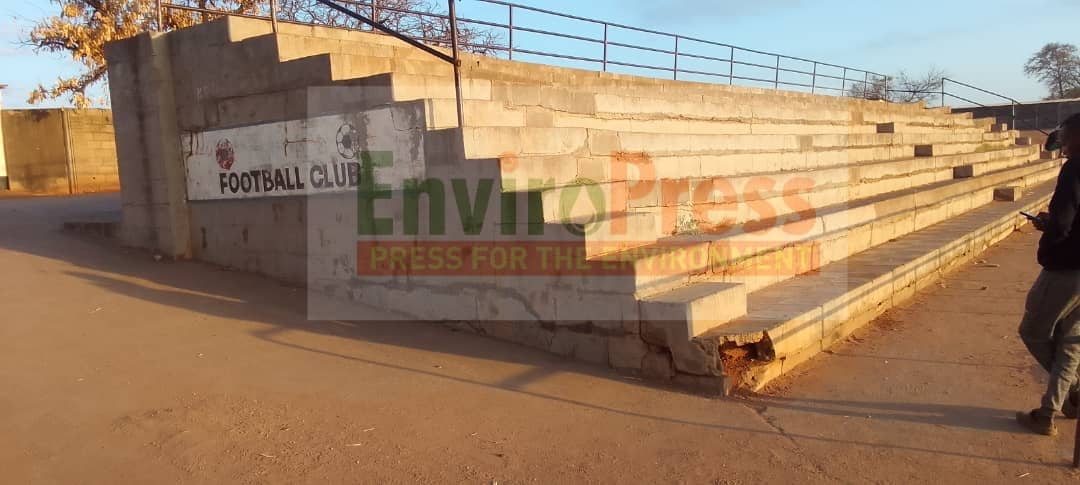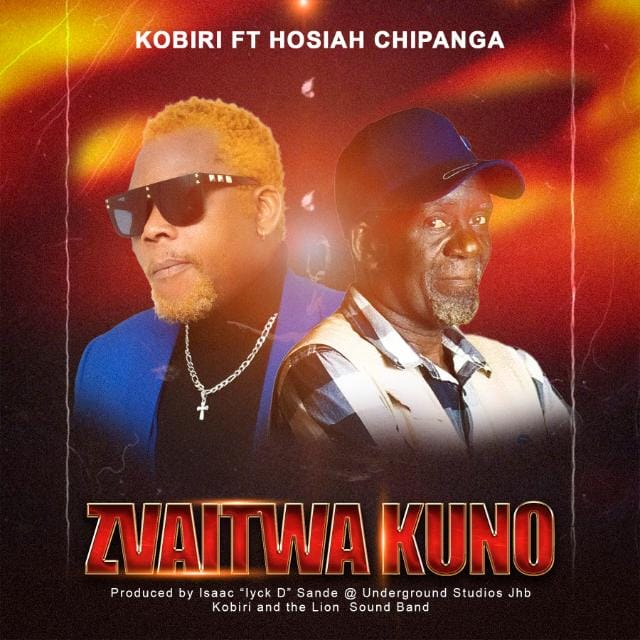EnviroPress Reporter
In 2021, the Ministry of Mines and Mining Development introduced the “use it or lose it” policy, in terms of which the government assumed the power to repossess under-utilized mining concessions.
In July 2022, Cabinet approved the Mines and Mining Amendment Bill, which was presented by the Minister of Justice and the Deputy Attorney General.
The Bill would, among other things, require a miner to seek permission from the landowner of land that is less than 200 hectares in extent before prospecting.
Earlier in the same month, the government banned the export of unprocessed granite through Statutory Instrument 127 of 2022.
The mining industry has welcomed the use it or lose it policy as some miners are now fully utilising their mining concessions, thus ensuring that the country is not deprived of its potential to exploit its vast mineral resource base.
The Mines and Mining Amendment Bill, if passed into law, would safeguard the legitimate interests of landowners, and so it has their full support.
On the other hand, the ban on the export of unprocessed granite will ensure value addition and beneficiation of granite before export.
Zimbabwe has for long been losing a huge amount of money from raw minerals which are exported before being processed.
Various communities in the country have called on the government to value add the minerals extracted from their communities so that they benefit from them.
In Chivi and Mwenezi communities where there are rich diamond reserves, there has been calls for the government to establish diamond cutting facilities once the mining begins so that the communities are able to derive all the value from their minerals.
Centre for National Resource Governance (CNRG) director Farari Maguwu said residents of resource-rich communities remained poverty stricken not because of bad laws but because of corrupt patronage systems enforced by political muscle.
“In Zimbabwe, it’s usually not about the absence of good policy, but unwillingness to uniformly enforce the rules. There are always a complex mixture of political and security interests involved in any new mining ventures in resource-rich communities, and these hardly act in the interests of ordinary people,” he said.
“It is very important to value add our minerals before they are exported. By value adding it means our communities fully maximize on benefits. Looking at districts like Chivi, Mwenezi and Chirumhanzu, they are very poor yet they are mineral-rich. They are poor because their minerals are being exploited in murky ways.
“Murowa Diamonds worked in Chivi for three years and no one knows how much diamond they found and how much they made,” said Great Zimbabwe University lecturer Dr Gift Gwindingwe.
Minister of Mines and Mining Development, Winston Chitando, is on record saying communities should benefit fully from their minerals and companies must make sure that they give back to the communities they operate from.

